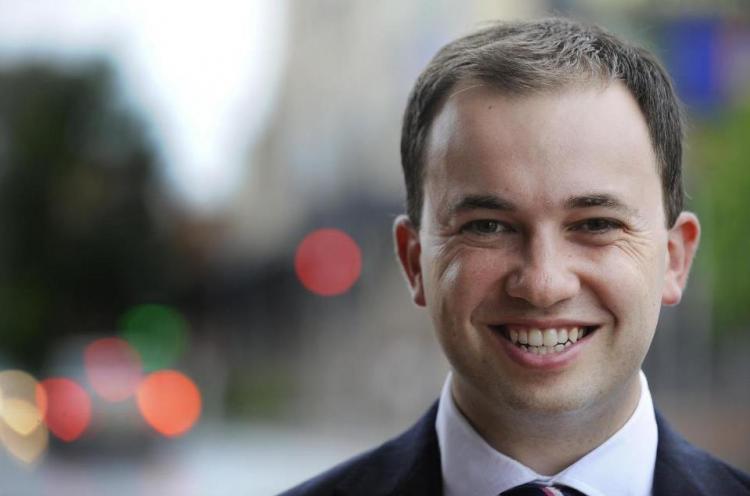
Some property owners may be paying higher council rates than their neighbours despite having identical parcels of land because of the way land value is calculated in NSW.
This has emerged from a report that found ''significant volatility'' in land valuations, leading the system to be branded a ''tax lottery'' for property owners.
The report, commissioned from consultancy Crowe Horwath by a NSW parliamentary inquiry into land valuation, examined the 2.4 million official valuations carried out in NSW each year for the past decade.
It found that on average between 2001-11 valuations by the NSW Valuer-General have been in line with changes in market values, but individual property owners were at risk from significant annual fluctuations.
Advertisement
There were large discrepancies in the way property valuations changed from year to year within individual council areas.
For example in 2003 about a third of Sydney residential property owners saw their valuations change by 29 per cent above or below the average in their council area.
Because councils use the valuations - done in selected parts of Sydney every three years - to work out rates increases, it means some property owners may be hit with unfairly large bills compared with others in their area.
According to the data underpinning the report, in 2010-11 the Sydney council area with the highest volatility was Hunters Hill, where about a third of residential property valuations changed by 26 per cent above or below the average.
The next most volatile council areas in the same year were Canada Bay, where a third of valuations changed by 6 per cent, and the Hills Shire, where the figure was 5.8 per cent.
Other significantly volatile areas have been Mosman (11.8 per cent in 2006-07), Willoughby (21 per cent in 2008-09) and the City of Sydney (11.5 per cent in 2007-08).
The report's finding also means landholders may be unexpectedly paying either far higher or lower land tax bills from year to year.
NSW Valuer-General Philip Western said there were ''a number of reasons'' for volatility in land valuations, including ''localised economic factors'' such as changes to mining operations in regional areas.
Because properties are grouped together for valuation purposes and such factors applied across the board, ''relativities between properties are very largely maintained'', he said.
However the chairman of the parliamentary committee, Hornsby MP Matt Kean, said the results were of concern.
Mr Kean said the inquiry would consider whether NSW should move to a three-year averaging system, which is how land tax is levied, to ''dampen'' the volatility.
''We need to make sure that this volatility does not turn council rates into a tax lottery, '' Mr Kean said.
Read the full article in the SMH here.
